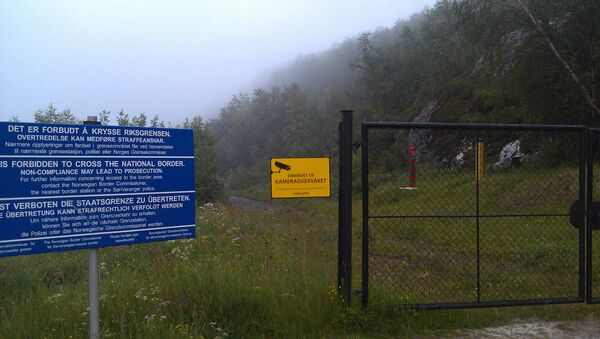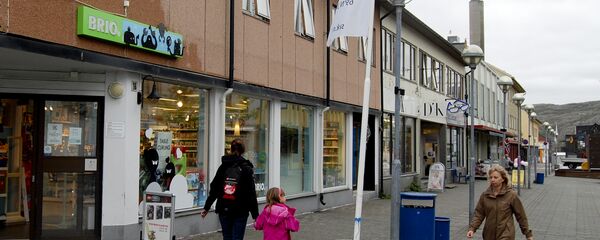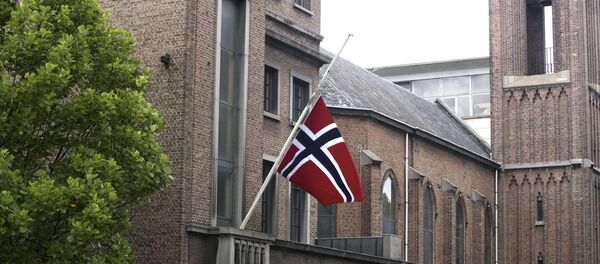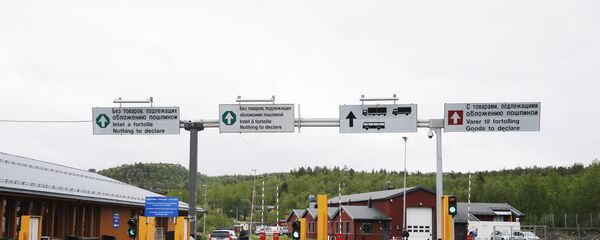Rune Rafaelsen, the mayor of the Norwegian border municipality of Sør-Varanger, was one of the first to sound the alarm.
"I hope this is due to a lack of knowledge and that the mistake will be rectified as quickly as possible," a worried Rune Rafaelsen told Norwegian national broadcaster NRK.
Rafaelsen, who formerly served as the head of the Barents Secretariat and has been working to develop contacts with Russia for years, is not happy with recent developments.
"I want to go as far as to say that Murmansk is Norway's most important listening post. It is important for a strong national presence in Russia. Norway has great interests in developing good cooperation, and then the consulate in Murmansk is of great importance," Rafaelsen emphasized.
The Socialist Left Party deputy chair Kirsti Bergstø believes that the winding down indicates a fundamental flaw in Norway's priorities. According to her, the timing has further complicated the situation there.
"If Norway is to be a neighbor and a bridge-builder, we cannot substitute diplomats in Russia with soldiers along the border," Kirsti Bergstø told NRK alluding to the fact that Sør-Varanger's garrison was strengthened with an extra ranger company the very same year the consulate's activity is being reduced.
"The international picture reflects an increasing conflict between the US and Russia, and I'm worried if Norway were to opt out of dialogue with Russia, while moving closer to the US," Bergstø said. "It's been very sad to watch a historic neighborliness being put to test by the Norwegian government through a Cold War-era rhetoric," she added, citing high ranking politicians claiming deterrence to be "the only language Russia understands."
Labor Party spokeswoman Anniken Huitfeldt joined the chorus of criticism. According to her, the scaling down of Norway's presence in a city like Murmansk was a token of the government's diminishing interest in Barents cooperation.
Acting Consul General Jørgen Holten Jørgensen stressed that the decision was not a consequence of Norway having worse relations with Russia than before. According to him, it was done for financial reasons as an optimization of resources. Jørgensen ensured that just as many applications will be processed by concentrating resources in Moscow.
"We are making an effective streamlining of visa work at our foreign diplomatic missions in many parts of the world. This has nothing to do with deprioritizing relations with Russia," Børge Brende, pledging that the innovations will not entail any change for routines for the citizens of North-West Russia.
Norway and Russia share a 196-kilometer land border between Finnmark County and Murmansk Region and a 23-kilometer marine border in Varangerfjord. In 2010, an agreement came into effect, allowing border zone residents of Norway and Russia to travel between the countries without a visa, an opportunity which is widely used by both Norwegians and Russians.






